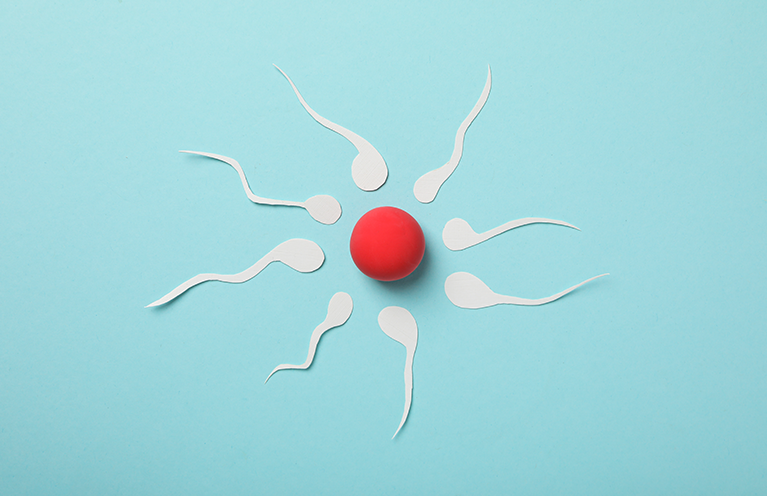Ovulation: When Is the Best Time to Get Pregnant?
When it comes to trying to conceive, understanding the timing of ovulation is crucial. Ovulation plays a central role in determining the best window for pregnancy, and getting it right can significantly increase your chances of success. But what exactly is ovulation, and how can you pinpoint the optimal time to conceive? Here’s a comprehensive guide to understanding ovulation and how to use this knowledge to your advantage.
What Is Ovulation?
Ovulation is a key phase in the menstrual cycle where a mature egg is released from one of the ovaries. This process typically occurs about halfway through your cycle. For many women with a regular 28-day cycle, ovulation generally happens around day 14. However, the length of menstrual cycles can vary widely from woman to woman, ranging from 25 to 35 days, and even from month to month for the same individual.
During ovulation, the egg is released into the fallopian tube, where it awaits fertilization. If sperm are present in the fallopian tube at this time, there is a chance for fertilization to occur, leading to conception. If the egg is not fertilized within about 24 hours, it will disintegrate and be absorbed by the body, leading to the end of the cycle and the start of menstruation.

Timing Is Everything
The concept of the “fertile window” is essential for those trying to conceive. This window includes the day of ovulation and the five days leading up to it. Research shows that having sex during this period greatly enhances the likelihood of pregnancy.
Here’s why timing is crucial:
- Sperm Survival: Sperm can live inside the female reproductive tract for up to five days. This means that having intercourse in the days leading up to ovulation can increase the chances of sperm being present when the egg is released.
- Egg Viability: The egg remains viable for fertilization for about 24 hours after it is released. Thus, having sex on the day of ovulation or the day before offers the highest probability of conception.
How to Determine Your Fertile Window
Several methods can help you identify when you’re ovulating, each with its own level of accuracy and complexity:
- Tracking Menstrual Cycles: One of the simplest ways to estimate your ovulation is to track your menstrual cycle. Mark the first day of your period and count the number of days until your next period begins. Ovulation typically occurs about 14 days before your next period is due. This method works best for women with regular cycles but can be less accurate for those with irregular periods.
- Basal Body Temperature (BBT) Charting: Your basal body temperature is your body’s temperature at rest. A slight increase in BBT can indicate that ovulation has occurred. By charting your temperature daily, you can identify this temperature shift and confirm ovulation retrospectively. This method requires consistent daily recording and can be influenced by various factors such as illness or lack of sleep.
- Cervical Mucus Monitoring: Changes in cervical mucus throughout your cycle can indicate ovulation. Just before ovulation, cervical mucus becomes clear, slippery, and stretchy, resembling raw egg whites. This type of mucus helps sperm travel through the reproductive tract more easily. Monitoring these changes can give you a clue about your most fertile days.
- Ovulation Predictor Kits: These kits detect a surge in luteinizing hormone (LH) in your urine, which typically precedes ovulation by 24 to 36 hours. To use an ovulation predictor kit, start testing a few days before you expect ovulation based on your cycle length. When the kit indicates a surge, it means ovulation is imminent.
Common Myths and Facts About Ovulation
Myth 1: You can get pregnant any time during your menstrual cycle.
Fact: Pregnancy is only possible during the fertile window, which includes the five days leading up to ovulation and the day of ovulation itself. Outside this window, the chances of conceiving are significantly lower.
Myth 2: You should have sex only on the day of ovulation to conceive.
Fact: While having sex on the day of ovulation is ideal, having sex in the days leading up to ovulation also increases your chances of conception. Sperm can survive for up to five days in the female reproductive tract, so frequent intercourse during the fertile window improves the odds.
Myth 3: If you’re not pregnant right away, something is wrong.
Fact: It can take several months for a healthy couple to conceive. If you’re under 35, try for a year before seeking medical advice. If you’re 35 or older, consult a specialist after six months of trying.
What If You’re Not Getting Pregnant?
If you’ve been trying to conceive for a year (or six months if you’re 35 or older) and haven’t succeeded, it might be time to consult a fertility specialist. Factors such as irregular ovulation, hormonal imbalances, or reproductive health issues could be affecting your ability to conceive.
A fertility specialist can offer guidance on various treatments and interventions, including medication to induce ovulation or other assisted reproductive technologies. Early consultation can help identify and address any underlying issues that might be impacting your fertility.

Enhancing Your Fertility
Beyond timing, maintaining a healthy lifestyle is crucial for fertility. This includes:
- Healthy Diet: Eating a balanced diet rich in fruits, vegetables, whole grains, and lean proteins can support reproductive health.
- Regular Exercise: Moderate exercise helps maintain a healthy weight and improves overall well-being.
- Avoiding Smoking and Excessive Alcohol: Both can negatively impact fertility in both men and women.
- Managing Stress: High stress levels can affect ovulation and overall fertility.
Final Thoughts
Understanding and tracking ovulation is essential for optimizing your chances of conception. By identifying your fertile window and using methods such as cycle tracking, BBT charting, cervical mucus monitoring, or ovulation predictor kits, you can significantly improve your chances of getting pregnant.
Remember, while the science of ovulation can provide valuable insights, it’s also important to maintain a healthy lifestyle and manage stress. If you have concerns about your fertility, consulting with a healthcare provider can offer personalized advice and support on your journey to conception. Do Checkout our free guide.
